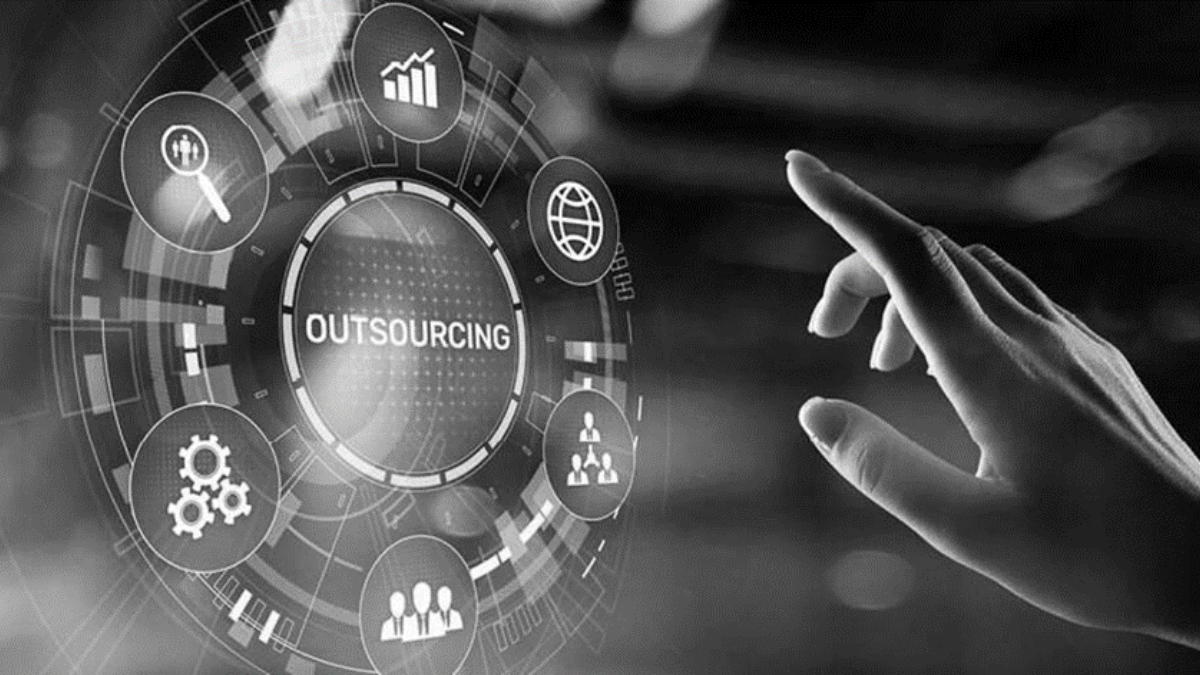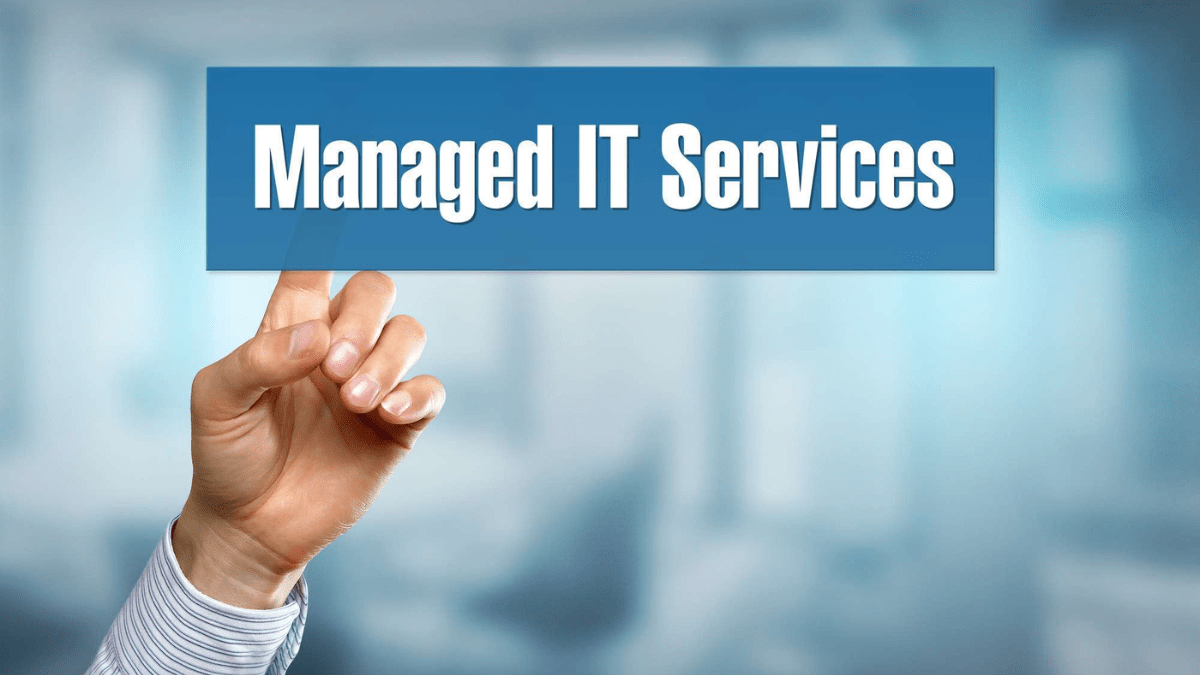In today’s fast-paced retail landscape, the integration of Information Technology (IT) services has become a game-changer for retailers aiming to stay competitive and deliver superior customer experiences. The synergy between IT and retail operations has not only streamlined processes but also empowered retailers with valuable insights to make data-driven decisions. In this blog, we will explore how IT services are transforming the retail sector and driving optimization in various aspects of the industry.
Enhancing Customer Experience
One of the primary goals of retail is to provide exceptional customer experiences, and IT services have become instrumental in achieving this. Retailers are increasingly leveraging IT solutions such as customer relationship management (CRM) systems and data analytics to understand customer behavior, preferences, and purchase patterns. This data-driven approach allows retailers to tailor their offerings, personalize marketing strategies, and optimize inventory to meet customer demands effectively.
Inventory Management
Effective inventory management is crucial for retail success, and IT services have revolutionized this aspect of retail operations. Advanced inventory management systems, powered by artificial intelligence and machine learning algorithms, help retailers forecast demand accurately, reduce overstock, and minimize understock situations. RFID technology and IoT devices enable real-time tracking of products, reducing shrinkage and improving inventory visibility throughout the supply chain.
Supply Chain Optimization
IT services are driving significant improvements in supply chain efficiency. Retailers are adopting blockchain technology for enhanced transparency and traceability in the supply chain. This ensures that products are sourced responsibly and counterfeit goods are minimized. Additionally, predictive analytics and IoT devices provide valuable data for optimizing transportation, distribution, and warehouse management, reducing operational costs and delivery times.
E-commerce and Omnichannel Retailing
The rise of e-commerce and the need for seamless omnichannel experiences have propelled IT services to the forefront of retail operations. Retailers are investing in robust e-commerce platforms, mobile apps, and user-friendly websites, enabling customers to shop conveniently from any device. Moreover, IT services facilitate the synchronization of online and offline sales channels, allowing for in-store pickup, returns, and consistent pricing across all touchpoints.
Data Security and Compliance
As retailers handle vast amounts of sensitive customer data, cybersecurity is a paramount concern. IT services play a critical role in safeguarding this data through encryption, intrusion detection systems, and regular security audits. Compliance with data protection regulations, such as GDPR and CCPA, is essential, and IT services help retailers adhere to these standards, mitigating the risk of data breaches and associated legal consequences.
Customer Analytics
IT services enable retailers to gain deeper insights into customer behavior through data analytics. By analyzing customer journeys, purchase histories, and feedback, retailers can optimize product assortments, marketing campaigns, and pricing strategies. This data-driven approach empowers retailers to make informed decisions that resonate with their target audience.
Point of Sale (POS) Systems
Modern POS systems have evolved from simple cash registers to sophisticated IT solutions. Cloud-based POS systems offer real-time sales data, inventory updates, and integrated payment processing. These systems not only streamline the checkout process but also provide valuable data for sales analysis and inventory management.
Conclusion
The integration of IT services is revolutionizing retail operations in various ways, from enhancing customer experiences to optimizing supply chains and improving data security. Retailers that embrace these technologies stand to gain a competitive edge in an ever-evolving industry. As the retail landscape continues to evolve, IT services will remain a driving force behind innovation and optimization in the sector.
1. What is the role of IT services in inventory management for retailers?
IT services play a critical role in inventory management by providing tools and technologies for accurate demand forecasting, real-time inventory tracking, and optimization of stock levels. These services help retailers minimize overstock and understock situations while ensuring products are readily available to meet customer demands.
2. How do IT services enhance the security of customer data in retail operations?
IT services enhance data security in retail by implementing encryption, intrusion detection systems, and regular security audits. They also help retailers comply with data protection regulations, reducing the risk of data breaches and safeguarding sensitive customer information.
3. What are the benefits of adopting an omnichannel retail strategy with IT services?
Adopting an omnichannel strategy with IT services allows retailers to provide a seamless shopping experience across online and offline channels. Customers can shop from any device, access consistent pricing, and enjoy options like in-store pickup and returns, ultimately leading to improved customer satisfaction and loyalty.
4. How can IT services help retailers leverage customer analytics?
IT services enable retailers to collect, analyze, and gain insights from customer data. By examining customer behavior, purchase histories, and feedback, retailers can optimize their product offerings, marketing campaigns, and pricing strategies to better align with their target audience’s preferences.
5. What technologies are transforming supply chain optimization in the retail sector?
Several technologies are transforming supply chain optimization in retail. These include blockchain for enhanced supply chain transparency, IoT devices for real-time tracking and monitoring, and predictive analytics for optimizing transportation, distribution, and warehouse management. These technologies help retailers reduce operational costs and improve overall supply chain efficiency.
For more information, visit Superior Codelabs.
Shaikh Fakruddin is the Founder and CEO of Superior Codelabs.





